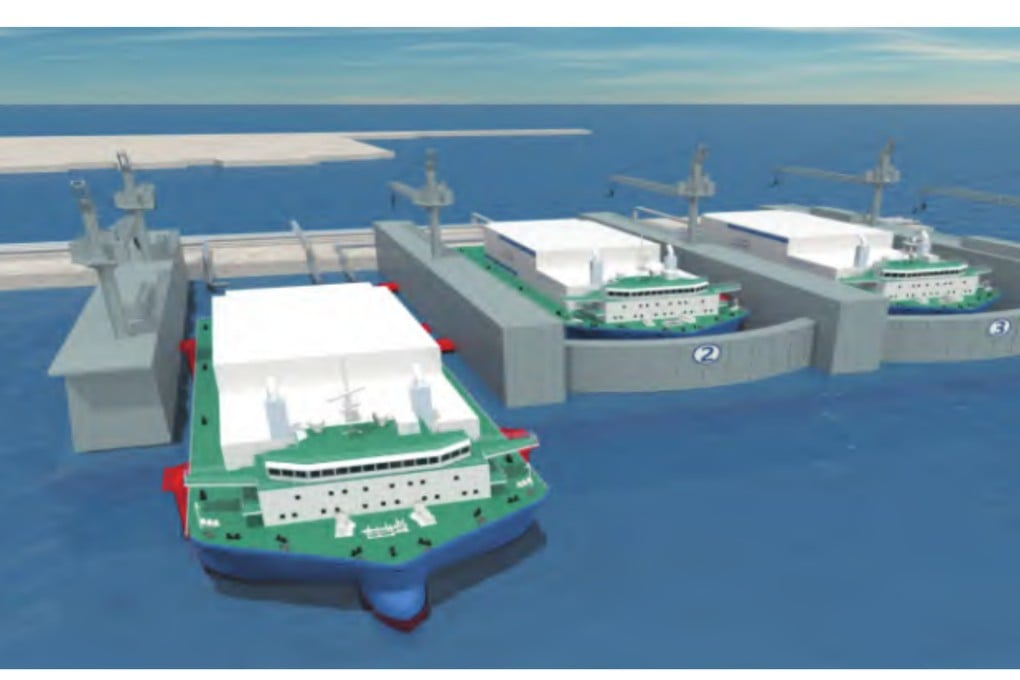China suspends plan to build floating nuclear reactors in the South China Sea
- Final approval has been withheld for a mega platform intended to power remote islands and infrastructure in the region
- After 10 years in development, ‘safety and feasibility’ remain top concerns for authorities, project scientists say

With construction ready to begin, regulators have withheld final approval to build the nation’s first floating nuclear power plant, which was intended to generate electricity for critical marine infrastructure, some of it far from the mainland.
“Safety and feasibility are still the main concerns of the regulatory authorities,” Wang and his colleagues said in a paper published in the peer-reviewed journal Nuclear Power Engineering on May 25.
The move was a surprise for the project’s scientists, since floating nuclear power reactors are generally regarded as safer than those on land.
According to Wang’s team, the floating power plants would be more acceptable for governments and the general public since they would be located at sea with less impact than land-based facilities.
The ocean acts as a natural heat sink, which helps cool the reactor core and makes it inherently safer